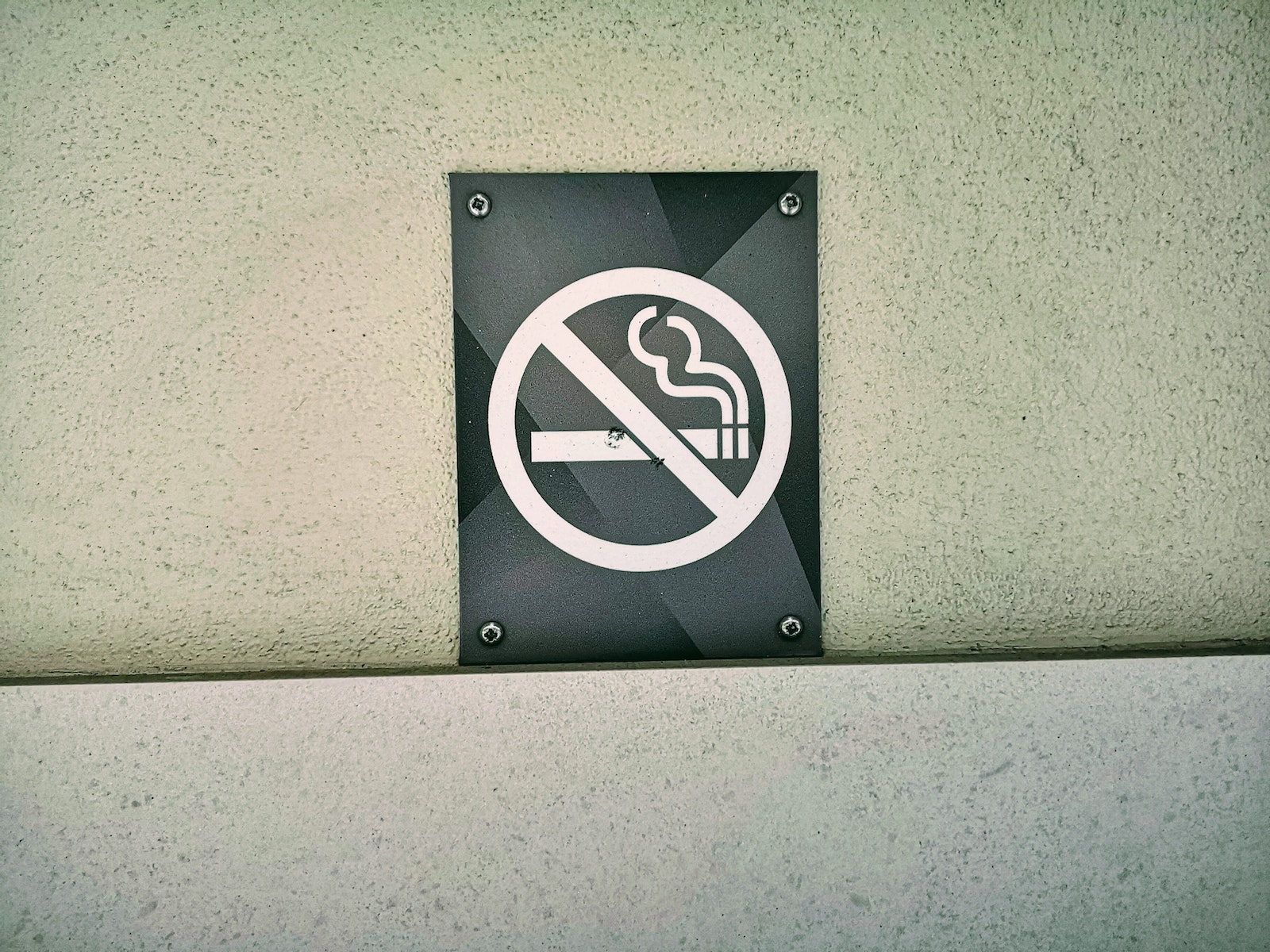Quitting to lower your blood pressure
Smoke and hypertension
Smoking increases the risk of hypertension and even that of heart attack, stroke and other forms of artery disease. The likelihood of a smoker suffering from stroke is twice as large as for a non-smoker, and risk of heart problems is five times larger. The American Heart Association claims that cigarette smoking is the most dangerous of all the modifiable risk factors. The overall mortality rate from coronary disease or other cardiovascular issues is 70% higher in smokers than in non-smokers. In avid smokers, those who smoke two or more packs of cigarettes a day, mortality is up to two or three times higher (200-300%) when compared to non-smokers. Inhaling cigarette smoke has certain temporary effects on the heart and blood vessels. Nicotine contained in cigarettes increases blood pressure, heart rate and the quantity of blood that the heart pumps into the system. Other effects include the constriction of blood vessels in the arms and legs. Nicotine, however, is not the only harmful substance in cigarette smoke. When carbon monoxide enters the blood stream, it reduces the amount of oxygen available to the heart and other organs. Smoking also causes an increase in the adhesion and aggregation of platelets (the cells in the blood that participate in the formation of blood clots and thrombi, which can damage the coronary arteries and other blood vessels). It is therefore important for your health that you quit smoking. Many smokers who switch to cigarettes with a lower nicotine content tend to smoke more or inhale deeper to compensate for the reduced levels of nicotine. By inhaling deeper, smokers can increase the risk of disease. Quitting smoking reduces both the risk of coronary disease and blood pressure levels, independently of how long one has smoked for prior to quitting. Ten years after quitting, the risk of death by coronary heart disease is almost identical to those who have never smoked. It is very important that you quit smoking before the first signs of disease show, do not wait until you are already ill.
Scientific articles below:
- Variability in screening prevention activities in primary care in Spain: a multilevel analysis (BMC Public Health Sample) http://www.biomedcentral.com/content/pdf/s12889-015-1767-5.pdf
- Trends in Cardiovascular Disease Risk Factor Prevalence and Estimated 10-Year Cardiovascular Risk Scores in a Large Untreated French Urban Population: The CARVAR 92 Study (PLoS One. 2015; 10(4): e0124817.) http://www.pubmed.com/pmc/articles/PMC4408033/
- The 2015 Canadian Hypertension Education Program Recommendations for Blood Pressure Measurement, Diagnosis, Assessment of Risk, Prevention, and Treatment of Hypertension (Canadian Journal of Cardiology 31 (2015) 549e568) http://www.sciencedirect.com/science/article/pii/S0828282X15001300#
- Patient-physician agreement on tobacco and alcohol consumption: a multilevel analysis of GPs’ Characteristics (Thebault et al. BMC Health Services Research (2015) 15:110) http://www.ncbi.nlm.nih.gov/pmc/articles/PMC4367839/


